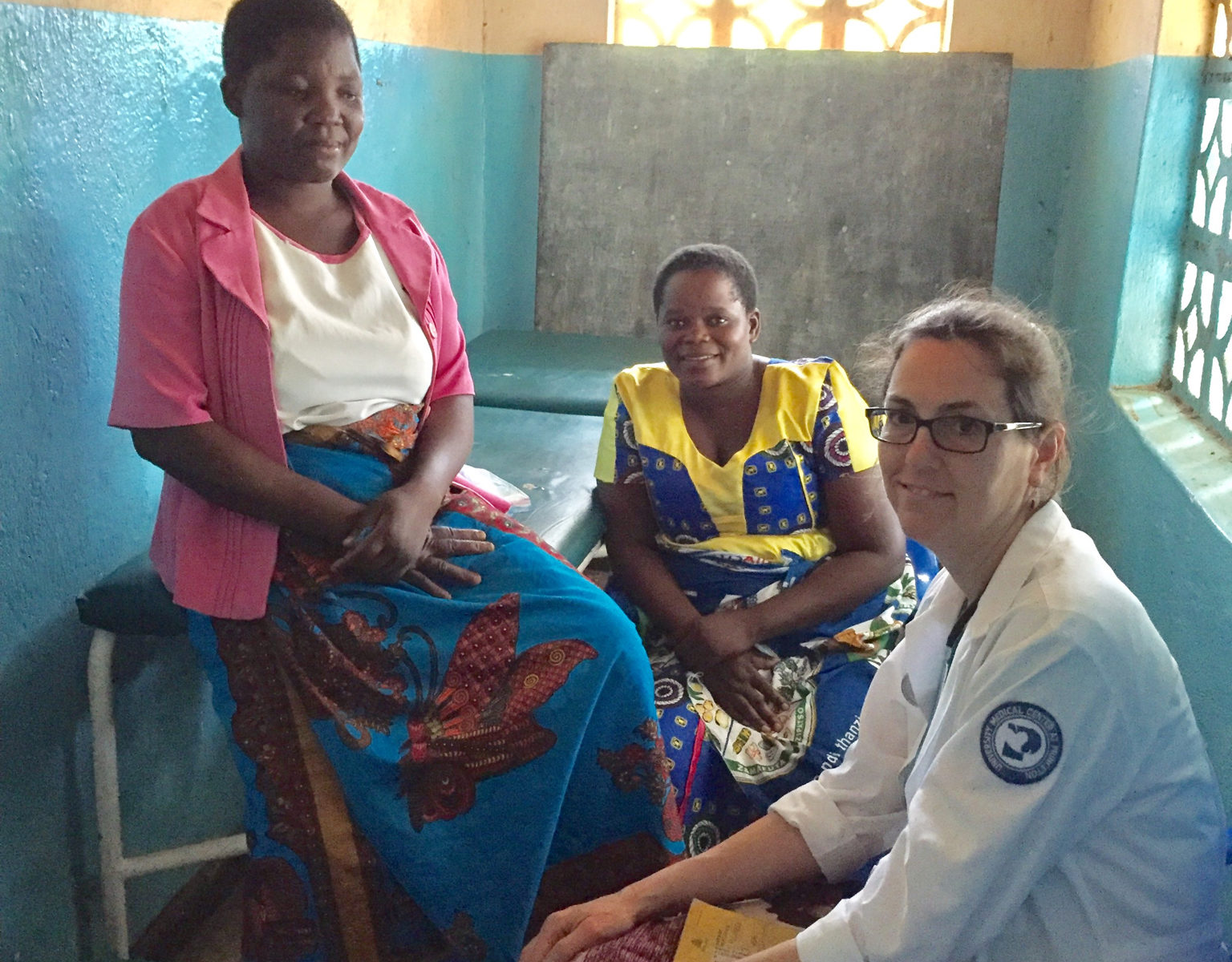Today was the last day of clinic. It was incredibly busy but we all worked faster and we had learned how to treat the conditions we are seeing here. We saw tons of malaria. At one point we ran out of malaria test strips (a quick test for malaria that we could do with a finger stick). We had to treat empirically for the symptoms until they brought new ones from another clinic. I learned that most people know what it feels like when they have malaria, so I could use their impressions as a guide as well.
I had to make a home visit to a woman with a fever who was unresponsive. She had a stiff neck and a positive malaria test. I was worried that the stiff neck signaled meningitis so I had the ambulance bring her to the hospital 15 minutes away. However, she just may have had a seizure due to malaria. In that case, she might have been better off getting treated at our clinic. We had better IV meds for malaria than the hospital. Often if we treated with IV meds at the clinic the patient would wake up and improve enough to go home and could then finish the malaria treatment at home. It was not an easy call.
At the end of the day we all took pictures and exchanged emails with the Malawian medics and translators. One makes friends quickly in such an intense situation.
Tonight after dinner we sat in a circle in the classroom and talked about what was best about the day. I talked about going on the home visit and then walking back to Kalupe Clinic because I had sent the ambulance to the hospital. I kept meeting people along the way. I recognized what a privilege it was to be welcomed into people’s homes and villages.
The medical resident I went with talked about how she was angry on the first day of clinic because we had to see people so quickly but also how she realized, by the third day, that it was the only way to see the volume of patients that we needed to see. We saw almost 5700 people in 3 days in 4 clinics. We saw 679 the last day in our clinic alone. I know that we saved hundreds of lives just counting those who would not have been able to get malaria meds because the government clinics were out of stock.
VIP also trains medics in Malawi who then work in the villages for at least 5 years and provide continuity of care throughout the year. They also dig and maintain wells, build schools, train teachers, build roads and bridges, and give families goats and chickens to maintain their food supply. (In Malawi there are chickens and goats everywhere, and they live in the houses with their families. Somehow they find their way home at night.) VIP also brought electricity into Kalupe, built a corn mill for the village, and is now building a rice mill as well.


